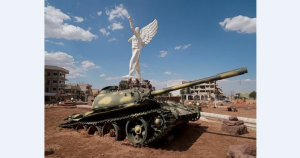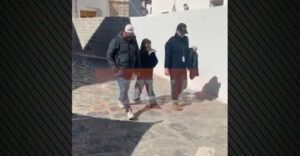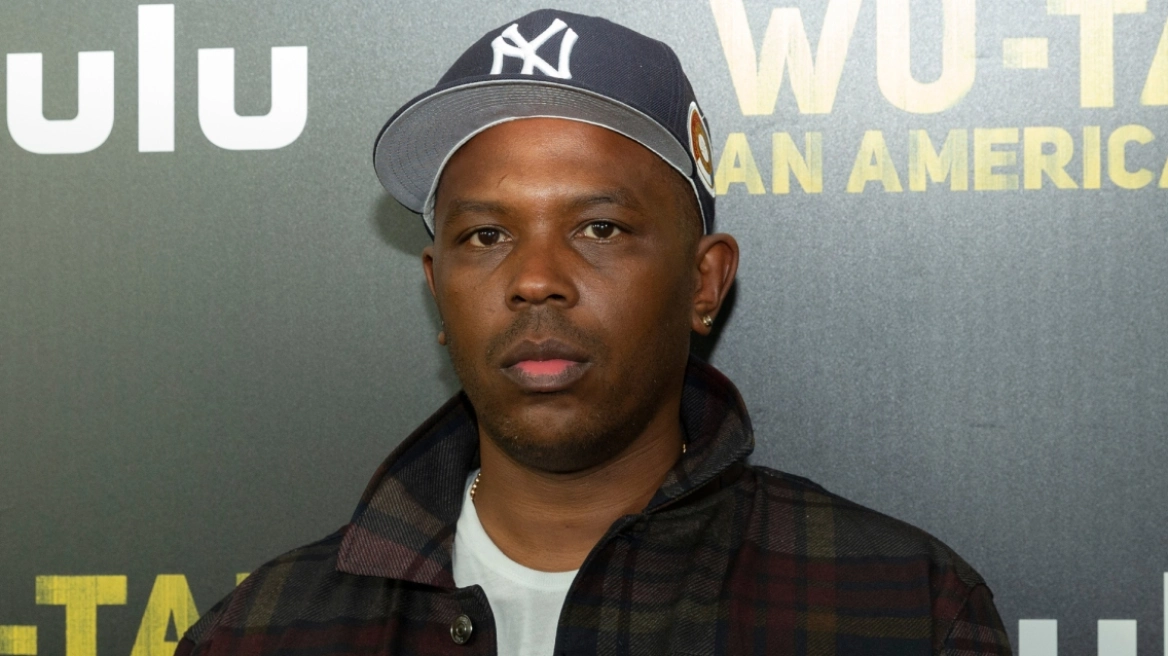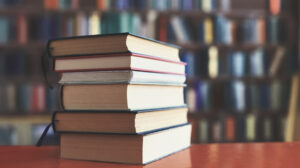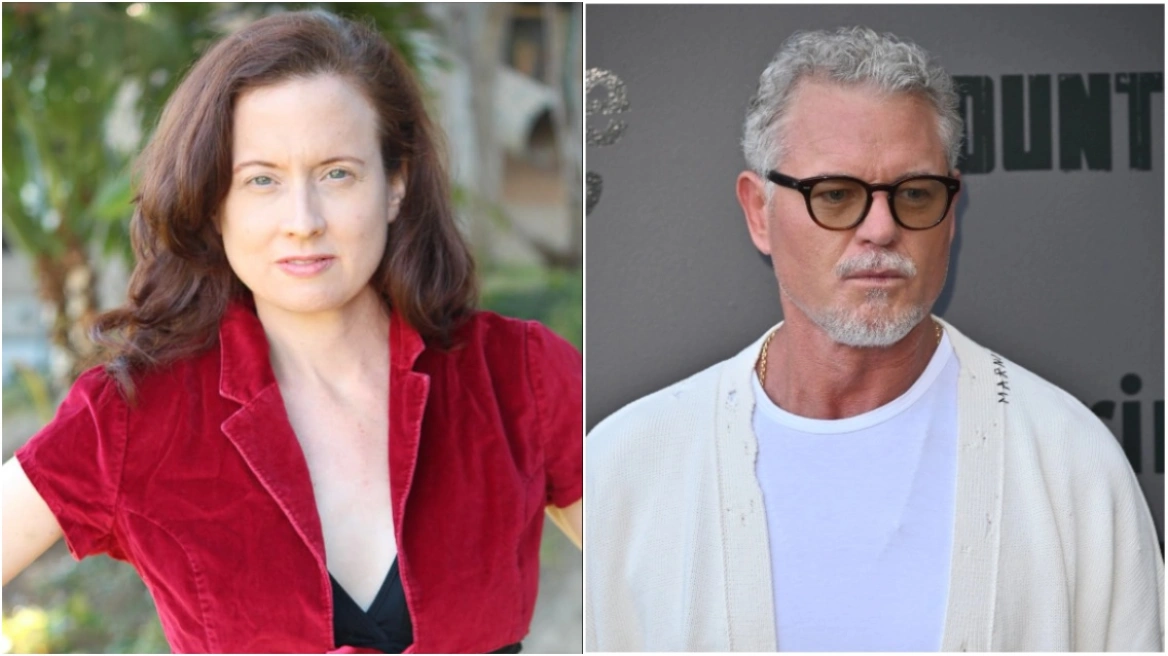Kobanî, in the de facto autonomous region of northern Syria known as Rojava, was at the forefront of the battle against Islamic State (IS) back in 2014. With the aid of US airstrikes and Iraqi-trained Pêşmerge soldiers, the Kurdish People’s Protection Units (YPG) successfully repelled IS from the city in early 2015.
This marked a turning point in the battle against IS, with various Kurdish groups uniting along with Arab units as the Syrian Democratic Forces (SDF) and becoming the Western coalition’s primary ally. It was also a key moment for the Kurds in Syria taking part in what they call the “Rojava Revolution”, as they went on to secure the north of the country.
Going on behind the scenes was a quieter and, the Kurds in Rojava believe, more important ideological battle taking place in classrooms: what they call the “war of education”.
But after US President Donald Trump appeared to give a green light to the Turkish President Recep Tayyip Erdoğan, Turkey launched a ground and air offensive against the Kurds in northern Syria. And classroom advances are now under threat.
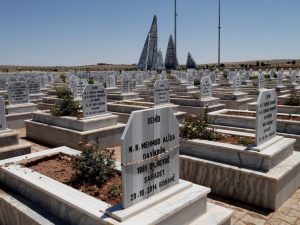
(A cemetery in Kobanî for members of the Syrian Democratic Forces, who fought to remove IS from northern Syria)
A new education system
Preceded and surrounded by authoritarian regimes who have historically oppressed the Kurds and other minorities, the Rojava Revolution proposed a system based on diversity and inclusion of all ethnicities and religions, feminism, and ecology.
Along with my research partner, Adam Ronan, I spent five months in Syria, Turkey and Iraq between March and July 2018 researching the education system born from this revolution. In our research, which I am extending on in my ongoing PhD thesis, we found a wellspring of hope among young people.
Many teachers and students we spoke to for our research saw education as fundamental to this new society, achieved through “fighting with pens”, as described by Rojava’s Institute of Educational Science, responsible for curriculum design. The Syrian regime’s education system emphasizes “just one language, one party, one politics”, forbids minorities from speaking their language and celebrating their unique cultures and histories. In contrast, the new education system in Rojava aims to foster respect between the different groups in Syria. Classes are taught in multiple languages: Kurmancî, the local Kurdish dialect, Arabic, and Syriac.
Read more HERE
Ask me anything
Explore related questions
